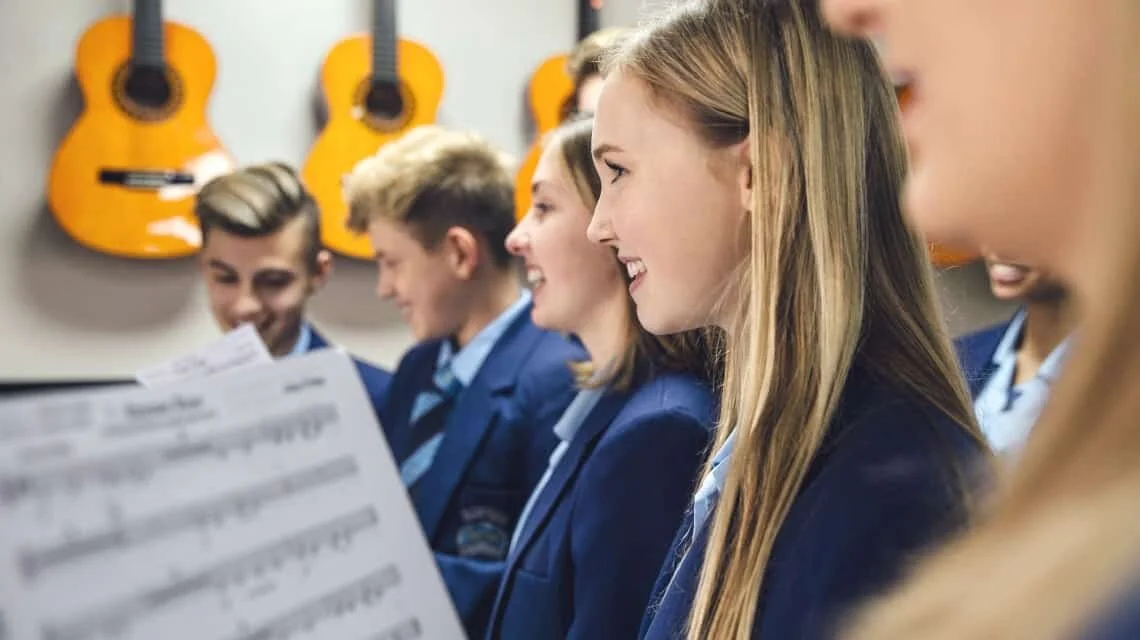A Nationwide Singing Programme

Choral singing transforms lives. It doesn’t just bring us face to face with a thousand-year tradition of great music, it has the power to make us whole, unlock our humanity, discover and express our souls. It gives us, literally, our voice in society.
Music and singing should be at the heart of our educational system, not somewhere out on the margins. I was transformed by singing: as a child I was fortunate to sing in an excellent school chapel choir, and that experience has touched every part of my life ever since – once a chorister, always a chorister. Studies have shown the lifelong benefits: you walk taller, work harder, learn faster, and function better both socially and intellectually, whatever your sphere of endeavour.
The opportunity to sing is every child’s birthright, but all too many are deprived of it. A core aim of the Hamish Ogston Foundation is a national singing plan, to bring a potentially life-changing experience within the reach of children throughout the UK. Where there are choral leaders of vision and practical skills, we want to support them. Much of our work will be in collaboration with schools, cathedrals and churches, but there is scope for individual initiatives too. We are interested in green shoots rather than lame ducks. We want to put choral singing back at the centre of our national life for the next generation. Choral singing is a long-established and proud part of our heritage, and we must pass it on to our children or they will be immeasurably the poorer.
Along with all this goes our commitment to the king of instruments; there are fine organs throughout the land at risk of falling silent for lack of young people who can play them. We aim to reverse that trend, not just for the sake of the organs themselves but because where there is an organist, there you will very likely find a choir. Teach a young person the organ, and they will very likely become a capable choir director.
The Covid-19 pandemic has brought into focus just how important choral singing is for the two million or so people who engage in it in Britain. I constantly hear from choir people telling me ‘I’m longing for the day when we can be back together again’. Unable to meet in the flesh, many have been going to great lengths to make the best of virtual choir meetings, rehearsing from home and sometimes recording their efforts, to be pieced together voice by voice.
The virtual choir movement may have long-term benefits – choir membership can be opened up to housebound singers, those who live in remote places or have irregular work patterns that make normal choir membership difficult. But we know in our hearts it’s only a stopgap, a makeshift, a substitute for the real thing. Let’s prepare for a triumphant return of true choral singing, taking advantage of our enforced sabbatical to plan for it to be more glorious than ever.
JOHN RUTTER CBE